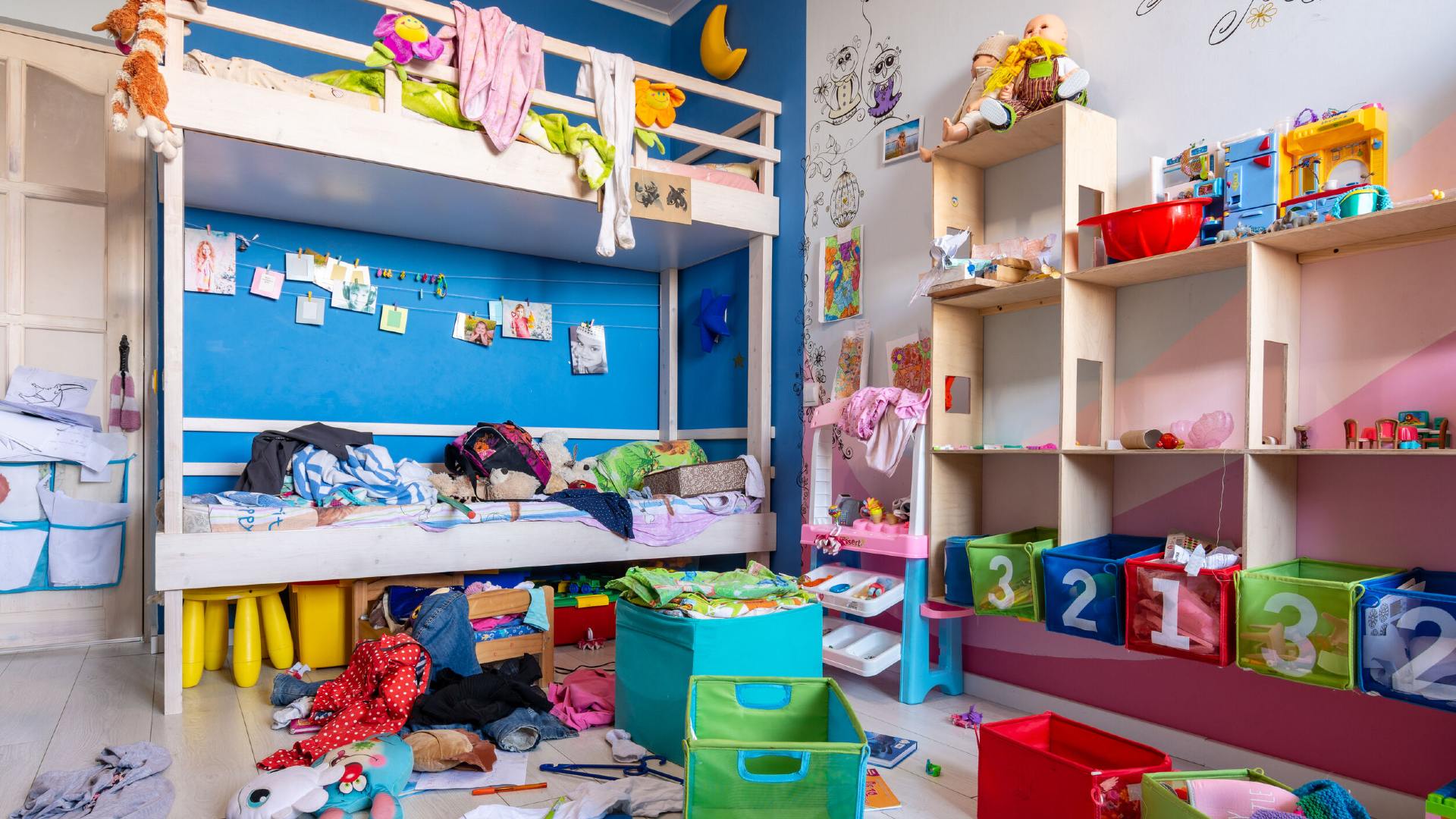HELP! My Child Is Scared Of Everything
Almost every child goes through a phase where they are scared of the dark, have an irrational fear of monsters under the bed, and scream at the sight of creepy crawlies. According to child psychologists, such childhood fears are a completely normal part of child development and it is common for young children to be afraid of new things. But as they grow older, they eventually learn to deal with such fears and overcome them themselves.
Here are 6 things you can do to help your child face his fears:
1. Lead by example
Now is a great time to admit your own fears to your child – perhaps you’re scared of heights or a balloon popping in your face? Leading by example resonates best with children, and ‘showing’ them how you deal with your fear is one of the most effective ways of helping them overcome their own. Lead by example and regularly put yourself in situations where your child can see how you manage to control your fear calmly and confidently.
2. Remain calm at all times
One of the biggest challenges for parents is balancing their reaction between empathy, not increase their anxiety further, and not fight their battle for them. While it’s never easy or pleasant for parents to have to watch their children being frightened of something, it’s important to remain calm and not get angry or nervous yourself. Scared children are often unable to talk or express themselves, so it’s vital that parents can soothe and comfort them. The best response is to show a calm demeanour, have an even tone of voice, and just listen to them.
3. Talk about their fears
Tempting as it may be, don’t minimise or ignore your child’s fears, because for him those fears are a reality. Belittling or ignoring your child may force them to internalise their fears rather than trust you to help them deal with them. Often, trying to reassure children with “there’s nothing to be afraid of” doesn’t help either. Instead, ask your child to try explaining what is scaring them and why.
Younger children are not always able to distinguishing fantasy from reality (a book about dragons may result in them believing that a fire-breathing monster lies beneath their bed at night), so talking out loud about their fears may help them understand that things are not scary in real life. Reassure them that you are there for them and encourage them to deal with their fears in their own way - and in their own time.
4. One step at a time
When your child is afraid of something, you might be tempted to help them avoid the object or situation completely in order to protect them. However, you’re not helping them in the long run and might even be setting them up for a long-standing phobia and an inability to deal with fears. Help your child conquer his fear by providing gradual exposure to that fear, so that his confidence increases with time and practice. Remember to do it together and by taking small steps that he feels comfortable with.
If your children are fearful of dogs, you could first bring them to a park to observe the dogs playing from a distance. After a few instances of doing this, you could visit a friend who has a pet dog, and encourage your children to sit in the same room with it. When your children start to feel more comfortable, the next step could be to encourage them to touch the dog gently. This slow and steady exposure, at a pace your children are comfortable with, will enable them to bravely face and eventually overcome their fears.
5. Pick a relatable ‘role model’
It's tempting to avoid your child's terror triggers, but doing so can make them seem even bigger. Instead, help your child face his fears by using brave cartoon or movie characters that your child can identify with. Animation movies such as Mulan, The Good Dinosaur, Kung Fu Panda, and Frozen for instance, have main characters that are also scared of something but have to confront their fears and discover what they are truly capable of when they overcome the fear.
6. Be patient
Even though children eventually grow out of their irrational fears, there’s really nothing you can do to rush the process along. Children will only confront their fears when they are ready. So instead of being impatient and losing your cool, empathise with them, because their fears are very real to them. That being said, while being empathetic, do be mindful that you do not overindulge the fear either and validate it into actually being something more than a figment of your child’s imagination.
For the latest updates on Wonderwall.sg, be sure to follow us on TikTok, Telegram, Instagram, and Facebook. If you have a story idea for us, email us at [email protected].





/roundup_19_april_2024_rectangle.jpg?sfvrsn=898f23d7_1)





